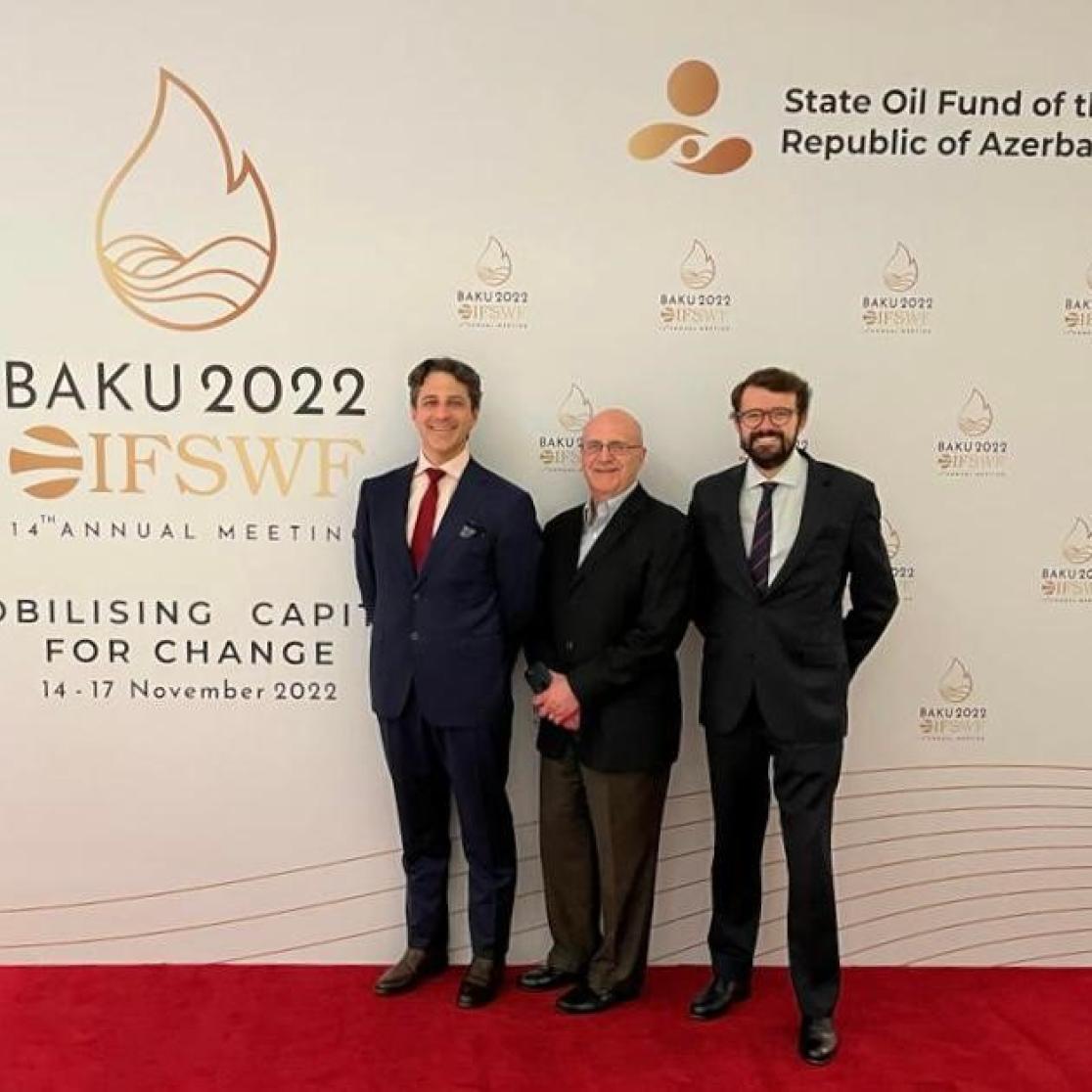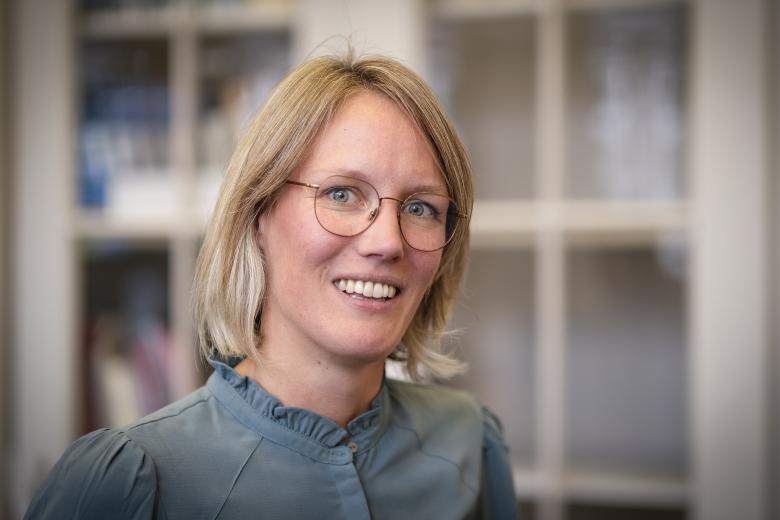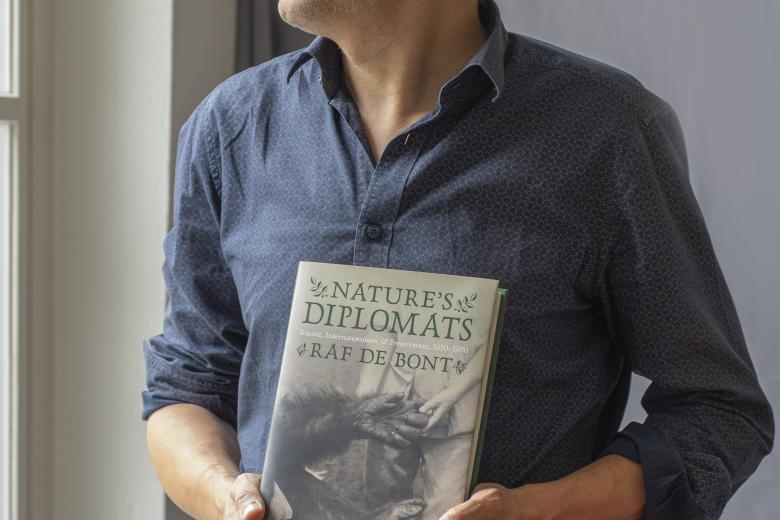Who’s afraid of foreign funds?
The 2022 World Cup comes with a surge of nationalism as well as intense scrutiny of host nation Qatar and the financial power of Gulf States in general. State-owned sovereign wealth funds (SWFs) are major shareholders in Western industrial and cultural assets. Is that a cause for concern? FASoS’ Adam Dixon has some answers.
“I don’t study these funds just for their own sakes – they are a nice empirical terrain that allows you to study everything from geopolitics to the legitimacy of state intervention in the economy, different forms of economic development or our understanding of state capitalism, globalisation, financialisation and so on.” Adam Dixon has studied SWFs since the term was coined in the mid-2000s.
The concept is simple. “Certain states have accumulated vast capital reserves through trade surpluses, for example exporting crude oil. Investing in global capital markets is an important means for these countries to ensure this wealth lasts over time. This development has been accelerated by our insatiable thirst for commodities, the enormous industrial growth of China and the raw material required to fuel those two things.”
The profits or royalties from – usually – commodity sales go to the government, who then set up a separate fund to invest those assets in the global capital market. “Many SWFs are from the so-called Global South. In the early 2000s when their numbers and assets under management started to grow, there was concern among Western governments that these were proverbial ‘barbarians at the gate’ – a geopolitical threat to markets”, explains Dixon and clarifies: “But SWFs are creatures of Western finance. They have always and continue to depend on financial service providers in the world’s largest financial centres, namely New York and London.”
Undue focus on the Middle East
Here Dixon points to the fact that the Kuwait Investment Authority (KIA), considered the world's oldest SWF, was founded in London in 1953. It’s also worth keeping in mind that there are influential Western SWFs. If you find Norwegians uncomfortably shuffling their feet as you share your retirement worries, it’s probably because their Government Pension Fund (which used to be called the Petroleum Fund of Norway) is bigger than Saudi Arabia and Qatar’s SWFs put together.
Public interest in the SWFs of Gulf States has recently peaked due to the 2022 World Cup. Dixon, who is not especially concerned with football, which, problematically, he describes as “soccer”, points out that those states have been major investors in Europe and North America for decades. “The Qatar Investment Authority for example owns significant shares in Volkswagen and Porsche, along with major real estate assets. This is not for strategic geopolitical reasons. They have no interest in meddling in the running of those companies – and they have never done so.”
Rather than a grand Machiavellian scheme to undermine Western values, the idea of those funds are quite pragmatic. The authorities of fossil fuel exporting countries have tremendous wealth at their disposal and are acutely aware that this income will diminish over time. Thus, they seek to invest in such a way as to guarantee continued revenue. “The goal is intergenerational equity, so saving for future, but also keeping the existing political regime in place.”
The attention given to human rights and social issues right now doesn’t change the economic relations and it likely never will.
Adam Dixon
“Global economic relations can be problematic”
According to Dixon, these investments are driven by confidence in the industrial capabilities of Europe and North America and an understanding that the sheer volume of capital they sit on can needs to be moved. Iconic brands, real estate, and even football clubs are big-ticket items where a lot of capital can be moved at once. “You could see why people suspect an underlying political agenda – but really it’s just a sound investment with possibly big returns.”
Surely, the same can’t be said of a World Cup hosted at exorbitant costs? “Mega events like this one or the Olympics increasingly cost host countries more than they earn. There’s a reason Qatar is hosting the World Cup.”
Dixon puts criticism of Middle Eastern SWFs down to good faith hypocrisy. “It’s in the media now because of the World Cup, but it’s been going on for decades and notwithstanding the criticism it won’t stop. The attention given to human rights and social issues right now doesn’t change the economic relations and it likely never will.” He also points to more relevant interventions in the recent past. “SWFs stepped in to support the liquidity problems of Western banks during the 2008 global financial crisis.”
Of the discrepancy between the moral grandstanding towards Qatar and the eagerness for increased financial ties, Dixon remarks realpolitikally: “Global economic relations can be problematic and they always have been.” His confident prediction for the 2022 World Cup final is that the West will forget its concerns about human rights in Qatar shortly after. “No country in the world will say no to their money.”
Dixon emphasises that the real concern is China, rather than the Gulf states. Western governments avoid taking a strong position on the latter while instrumentalising Chinese treatment of the Uyghurs to justify growing protectionism. This contrast is worth reflecting on. “The West isn’t worried about small Middle Eastern states that live off hydrocarbon production. China, however, is viewed as a major economic and geopolitical competitor with vast ambitions: a direct threat to Western industrial dominance.”
“The challenge, however, is that we in the West want an open and liberal international system. It is part of our values. As such, can we close the doors to China and the Middle East? We had hoped China would embrace democracy. The same can be said for much of the Middle East.”
It would be a step too far to claim that spreading a liberal world order was the prime motivation of Europe and North America’s financial decisions. Through the parade of empty gestures surrounding the 2022 World Cup, the thing that’s become clear is that, while the West does care about human rights, it collectively may value money and entertainment infinitely more. But that’s something to be discussed during the commercial breaks at halftime.

Dixon (l) at the International Forum of Sovereign Wealth Funds 2022 in Baku
Florian Raith
Also read
-
“Politicians are making fewer false promises, but it is still politics after all”
A stop to migration? Setting aside the nitrogen regulations? Radically countering internationalisation in higher education? Politicians regularly make great pronouncements. To what extent are these promises realistic? Dr Karin van Leeuwen, lecturer of European Political History at the Faculty of...

-
How wild are “wild animals” still in the time of zoos, nature reserves and breeding programmes?
Is an elephant in Artis Zoo just as “wild” as an elephant on the African savannah? What place do animals have in a world that is increasingly shaped by humans? Why does the presence of a few wolves in the Netherlands trigger so many negative emotions, while Dutch people donate money en masse to...

-
A transnational eye-opener on Hungary
A Global History of Hungary, 1869-2022 is a comprehensive book that presents the country as an open society interacting with other nations, mainly within Europe.
